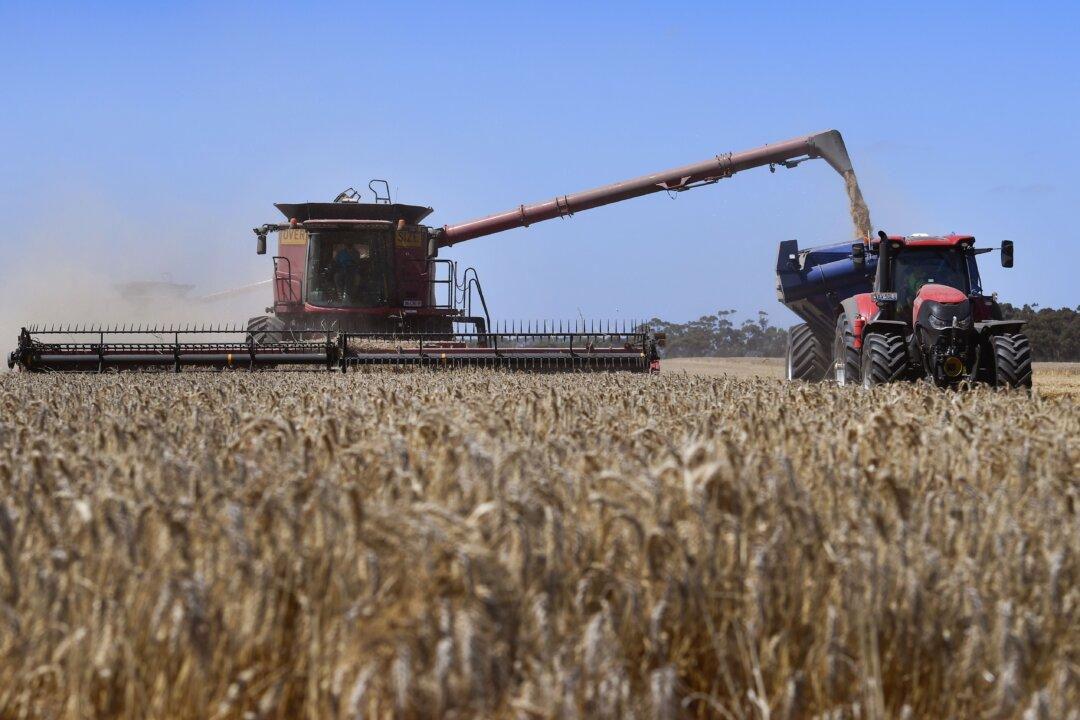Beijing’s politically motivated trade war against Australia barely affected the overall economy, highlighting that trade with China may not be as economically essential as it appears to the country.
The Productivity Commission revealed in its Trade Review 2021-22 report that Chinese trade impediments on Australian goods decreased Australia’s real GDP (GDP adjusted for inflation), real income (gross national product), and terms of trade by less than one percent for each metric.





